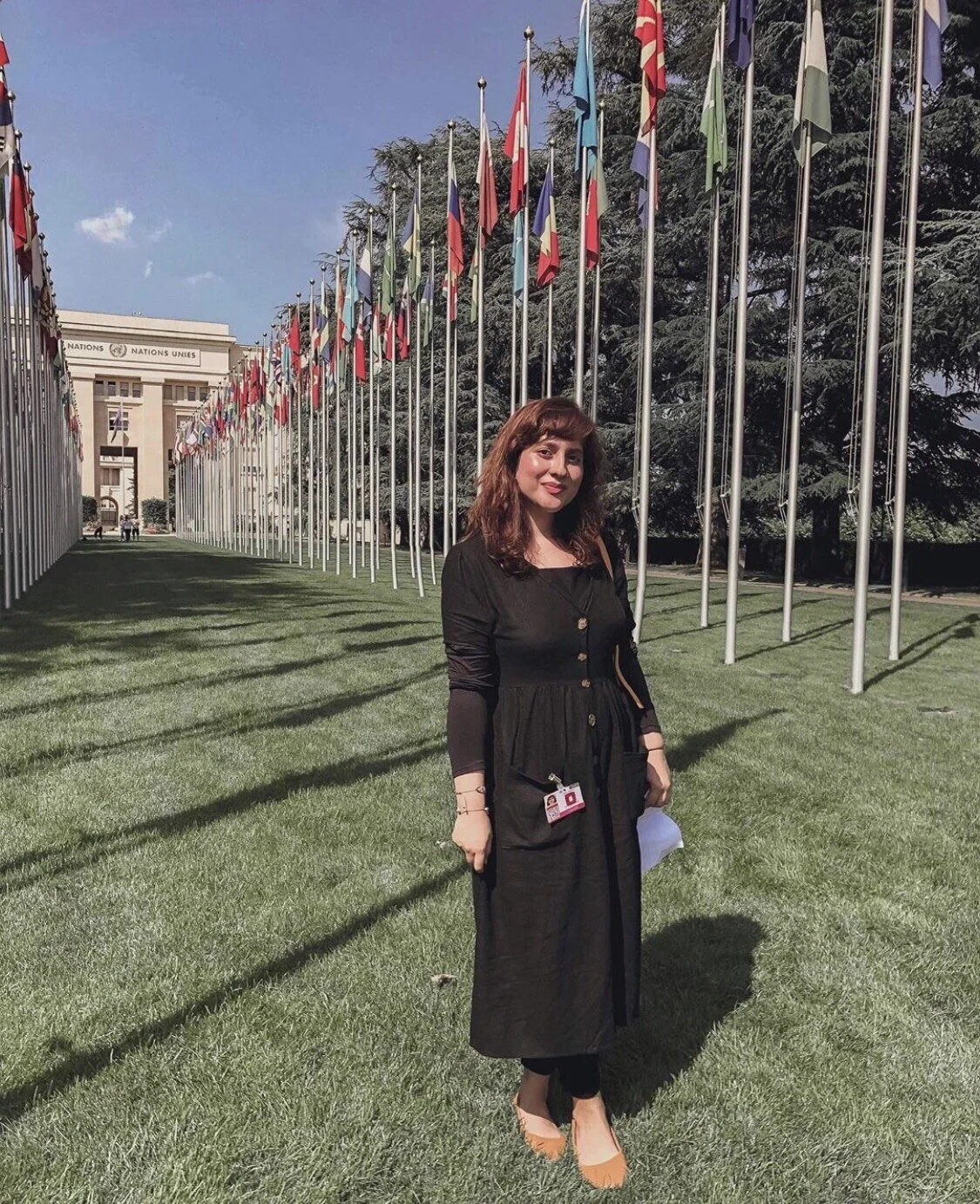Last week, Australia voted to repeal the medical evacuation law, commonly known as the Medevac Bill (the “Bill”), for asylum seekers and refugees detained on its offshore processing centres in Papua New Guinea (PNG) and Nauru.
For refugee rights activists, academics and practitioners in the field, the decision to repeal the Medevac Bill marked a “dark day” in Australian history. Not only does this indicate an unwillingness to prioritise fundamental human rights, but it also leaves the lives of countless refugees and asylum seekers in limbo.
WHAT IS THE MEDEVAC BILL?
The Bill states that two independent Australian doctors can recommend a refugee or asylum seeker’s immediate transfer to Australia in the event that they require urgent medical assistance. These two doctors must be of the clinical opinion that it is necessary to remove the refugee or asylum seeker from the detention camps. The Minister for Immigration is then given 72 hours to approve the transfer. In the event that the Minister refuses, the decision may be reviewed by the Independent Health Advice Panel, comprised of doctors nominated by peak medical bodies. Approximately 180 people have been transferred from Nauru and PNG since the legislation came into force in February.
Whilst the Bill did not change Australia’s existing policies on offshore processing, it sought to create an independent medical process allowing doctors to make the decision as to whether a person should be resettled in Australia from a detention camp. It would have enabled for a transparent, timely and enforceable process, disallowing political obstruction pertaining to crucial medical decisions for refugees.
MEDEVAC BILL REPEALED AFTER SECRET DEAL
The Bill was repealed by 37 votes to 35, after a “secret deal” was negotiated between the current Government and Tasmanian senator Jacqui Lambie, whose vote the Government had been relying on to see the demise of the Medevac Bill. Lambie’s requirement was that the government must improve medical treatment services for refugees held in offshore detention camps, however, the senator refused to elaborate on this further.
AUSTRALIA HOLDS FAST TO ITS PUNITIVE TREATMENT OF ASYLUM SEEKERS
Australia began its punitive offshore processing regime for “unlawful arrivals” in 1992 under the government of Paul Keating. Since then, refugees and asylum seekers have been subject to abuse, torture, deprivation of liberty, safety and security, and separation from their families for an indefinite period of time.
Refugees and asylum seekers have lived and are currently living in deplorable conditions with no signs of an end to these punitive measures. The harsh detention policy was initially designed to deter people from arriving in Australia by boat, but has resulted in the rapid deterioration of many refugees mental and physical well-being.
In 2001 under John Howard’s conservative Liberal Party, the offshore processing regime catapulted with weeks of anti-refugee campaigning and forced removal from Australian shores onto Nauru for detention and processing.
The transition into a Labour government in 2007 did little to alleviate the refugee crises, wherein Prime Minister Julia Gillard announced that offshore processing would be resumed in 2012.
Between 2013 and 2019, the Liberal Coalition again rose to power and adopted a fear mongering campaign as a means to diminish the image of persecuted minorities seeking asylum in Australia.
WHAT DOES THIS MEAN FOR REFUGEE RIGHTS IN AUSTRALIA?
Without the Medevac Bill, critically ill refugees and asylum seekers can no longer rely on a legislated process for adequate medical care. More than 12 people died in offshore detention awaiting medical treatment before the Medevac Bill was in force.
This harsh policy represents an unwavering commitment to abuse refugees and people seeking asylum with the justification that refugees and asylum seekers pose a threat to Australia’s security interests.
It also indicates that the current Liberal Coalition ruling Australia view people seeking asylum as a threat to the “Australian” community.
Amara is in her final year of a Bachelors of Laws and Communication majoring in Social and Political Sciences at the University of Technology, Sydney. She is incredibly passionate about human rights and social justice and intends to pursue a career in international human rights law in the near future.

